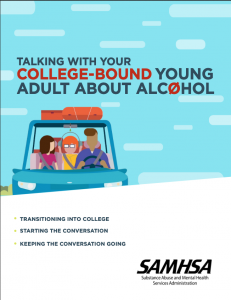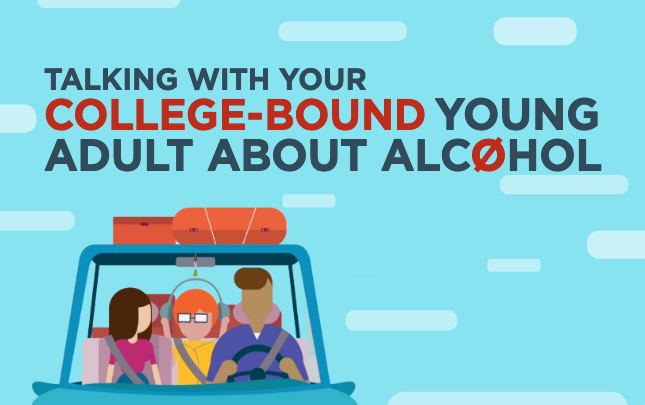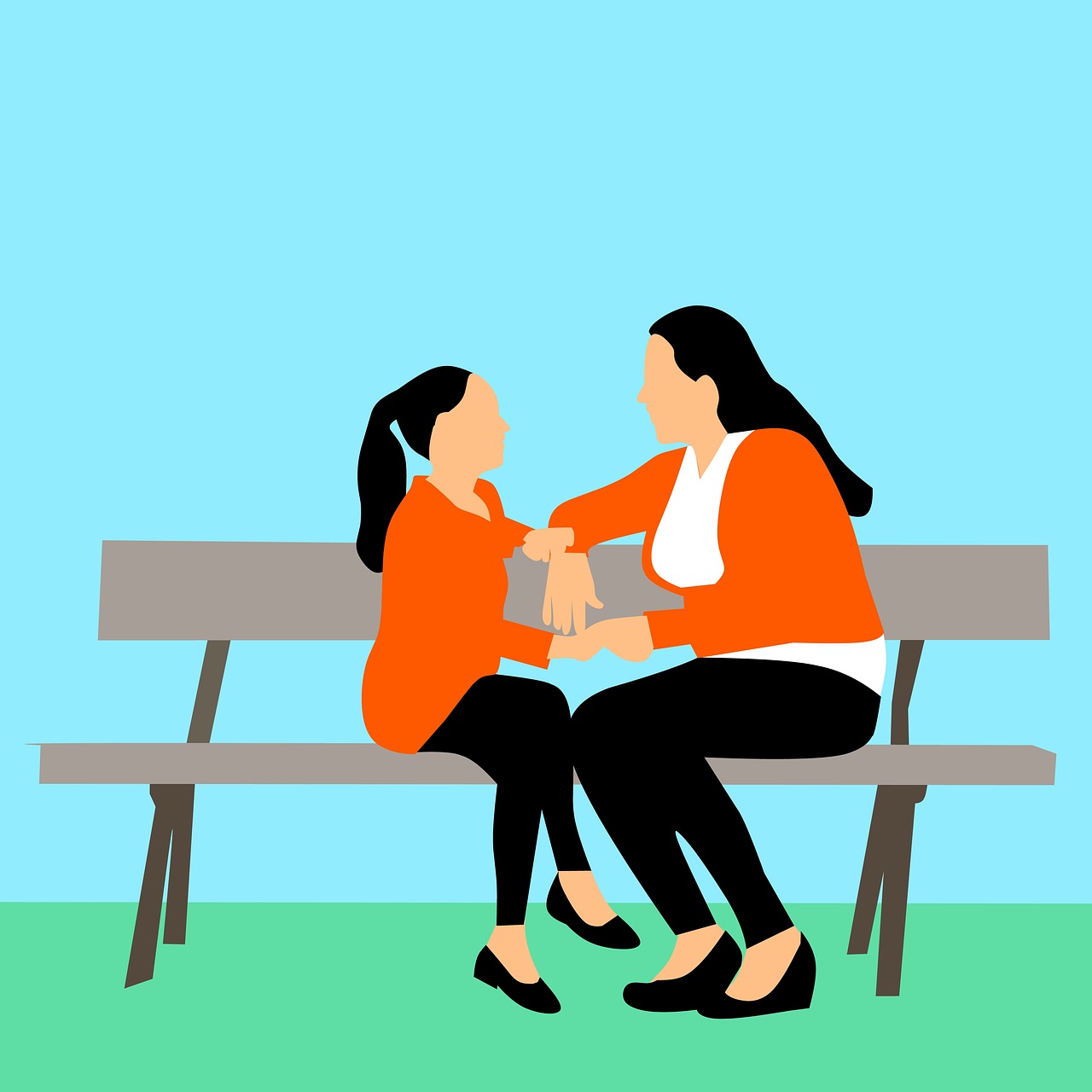Talking with Your College-Bound Young Adult About Alcohol [downloadable]
 Talk with your young adult about avoiding underage drinking, even if you suspect alcohol use during high school. Research suggests that teens who talked with their parents about alcohol avoidance strategies before they began their first year of college were more likely to avoid alcohol, limit its use, and spend less time with heavy-drinking peers. Read more ›
Talk with your young adult about avoiding underage drinking, even if you suspect alcohol use during high school. Research suggests that teens who talked with their parents about alcohol avoidance strategies before they began their first year of college were more likely to avoid alcohol, limit its use, and spend less time with heavy-drinking peers. Read more ›


 People can experience different types of mental health problems. These problems can affect your thinking, mood, and behavior. Many symptoms of mental health disorders are common. The symptoms can add up to the level of a disorder if these symptoms are more severe and/or long-lasting and affect your functioning.
People can experience different types of mental health problems. These problems can affect your thinking, mood, and behavior. Many symptoms of mental health disorders are common. The symptoms can add up to the level of a disorder if these symptoms are more severe and/or long-lasting and affect your functioning. 
 Entering adulthood can be an emotional time, but sometimes the ups and downs can mean something more. Millions of young adults are living with a mental or substance use disorder and many either do not realize they have one or are not paying attention to the signs and not seeking help.
Entering adulthood can be an emotional time, but sometimes the ups and downs can mean something more. Millions of young adults are living with a mental or substance use disorder and many either do not realize they have one or are not paying attention to the signs and not seeking help. 
 How common are anxiety disorders and are there some populations more at risk than others? What are some symptoms people may have? How often should anxiety screenings occur – and what do they entail? What treatments are available?
How common are anxiety disorders and are there some populations more at risk than others? What are some symptoms people may have? How often should anxiety screenings occur – and what do they entail? What treatments are available? 
 Half of adults aged 20-39 with attention deficit hyperactivity disorder (ADHD) have had a substance use disorder (SUD) in their lifetime according to new research. This is markedly higher than the 23.6% of young adults without ADHD who have had a substance use disorder in their lifetime.
Half of adults aged 20-39 with attention deficit hyperactivity disorder (ADHD) have had a substance use disorder (SUD) in their lifetime according to new research. This is markedly higher than the 23.6% of young adults without ADHD who have had a substance use disorder in their lifetime. 


 Most parents are keenly aware of the dangers of vaping. After decades of decline in teen smoking, nicotine is again finding its way to teens and young adults. Among youth, a primary appeal of e-cigarettes, like Juuls, is the fact that they can keep their smoking private. Unlike stinky cigarettes, vape devices emit nearly odorless vapor, and they’re small and easily concealed.
Most parents are keenly aware of the dangers of vaping. After decades of decline in teen smoking, nicotine is again finding its way to teens and young adults. Among youth, a primary appeal of e-cigarettes, like Juuls, is the fact that they can keep their smoking private. Unlike stinky cigarettes, vape devices emit nearly odorless vapor, and they’re small and easily concealed. 
 The teenage years are filled with change. Body, mind, and feelings are maturing quickly. Teens are also learning about who they are and who they want to become. To do that, they need to try new things. But that means taking risks.
The teenage years are filled with change. Body, mind, and feelings are maturing quickly. Teens are also learning about who they are and who they want to become. To do that, they need to try new things. But that means taking risks.
 The teen years can be a challenging time for young people and their parents. This fact sheet provides information on how parents can promote positive health outcomes for their lesbian, gay, or bisexual (LGB) teen.
The teen years can be a challenging time for young people and their parents. This fact sheet provides information on how parents can promote positive health outcomes for their lesbian, gay, or bisexual (LGB) teen. 
 Teen
Teen 

